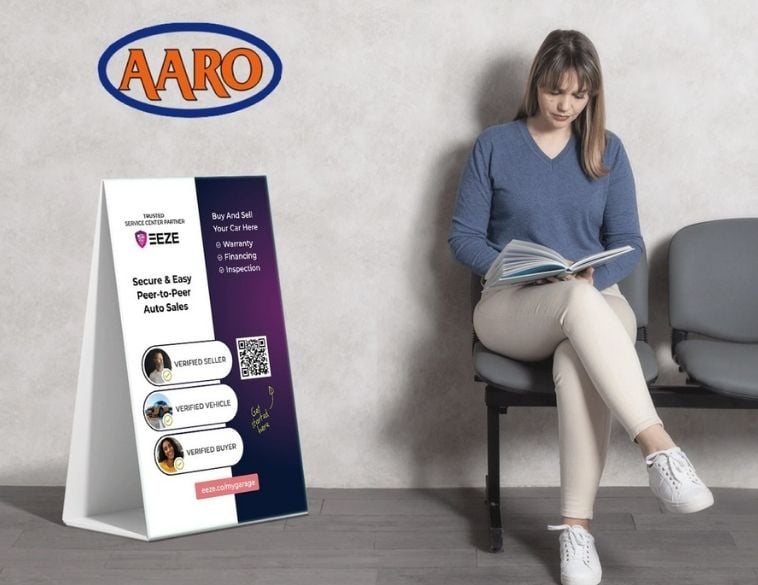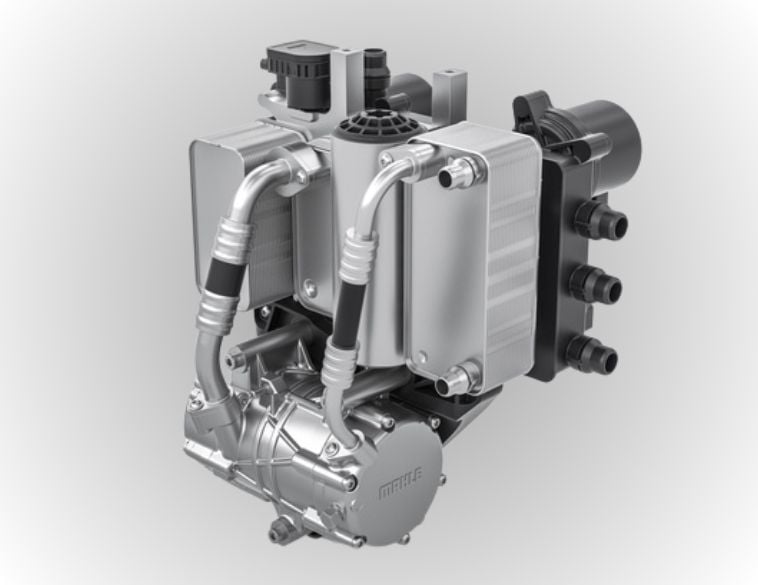The entire automotive maintenance and repair supply and service chain needs to position itself now to be able to negotiate the coming electric shift.
There’s no denying consumers’ enthusiasm for electric vehicles. Even at a time when carmakers are struggling to deliver the new vehicles ordered by their customers, there’s no doubt that consumer choice is increasingly turning to electric and hybrid vehicles.
The growing number of models on offer, and the possibility of benefiting from attractive purchase subsidies, support greater environmental awareness on the part of the public.
The automotive aftermarket is well aware of this new reality. Take, for example, the technician training and workshop accreditation programs set in motion by several independent networks to cater for this new clientele.
Quebec at an advantage
All things considered, electric cars are very popular in Quebec. This head start is well supported by a well-structured training program presented by Compétences VÉ. This program, which is inspiring the rest of Canada, not only provides technicians with the knowledge they need to work on these new-technology vehicles, but also counter staff.
In fact, it’s the whole supply chain that needs to upgrade, including distributors and parts stores. Expertise must reach all players in our industry. Replacement parts for these vehicles, which despite what you might think require maintenance, are available in ever-increasing numbers. You need to have an inventory, but you also need to understand the systems as a whole, so that you can guide your workshops along these new avenues.
Investing in expertise
I can well understand that in a context of labor scarcity, it may seem difficult for a workshop manager to free up one or more of his technicians to send him on training courses for electric vehicle maintenance. One incentive to make the effort is the wage subsidy program offered by Compétences VÉ. The training itself is offered at a price that makes it accessible to all.
This standardized program is a big step in the right direction. What’s important to remember about our ability to accommodate electric motorists is that our specialist skills and equipment need to be regularly updated to keep pace with advances in electric vehicle technology, just as we do with other automotive innovations. To build trust with this new clientele, we need more than a certificate; we need to guarantee the excellence of our services over the long term.
I’d also like to mention one last point about EVs. A workshop committed to this shift will be more attractive to the new generation of technicians, born with a tablet in their hand, who will be keen to join a company that knows how to meet technological challenges.



